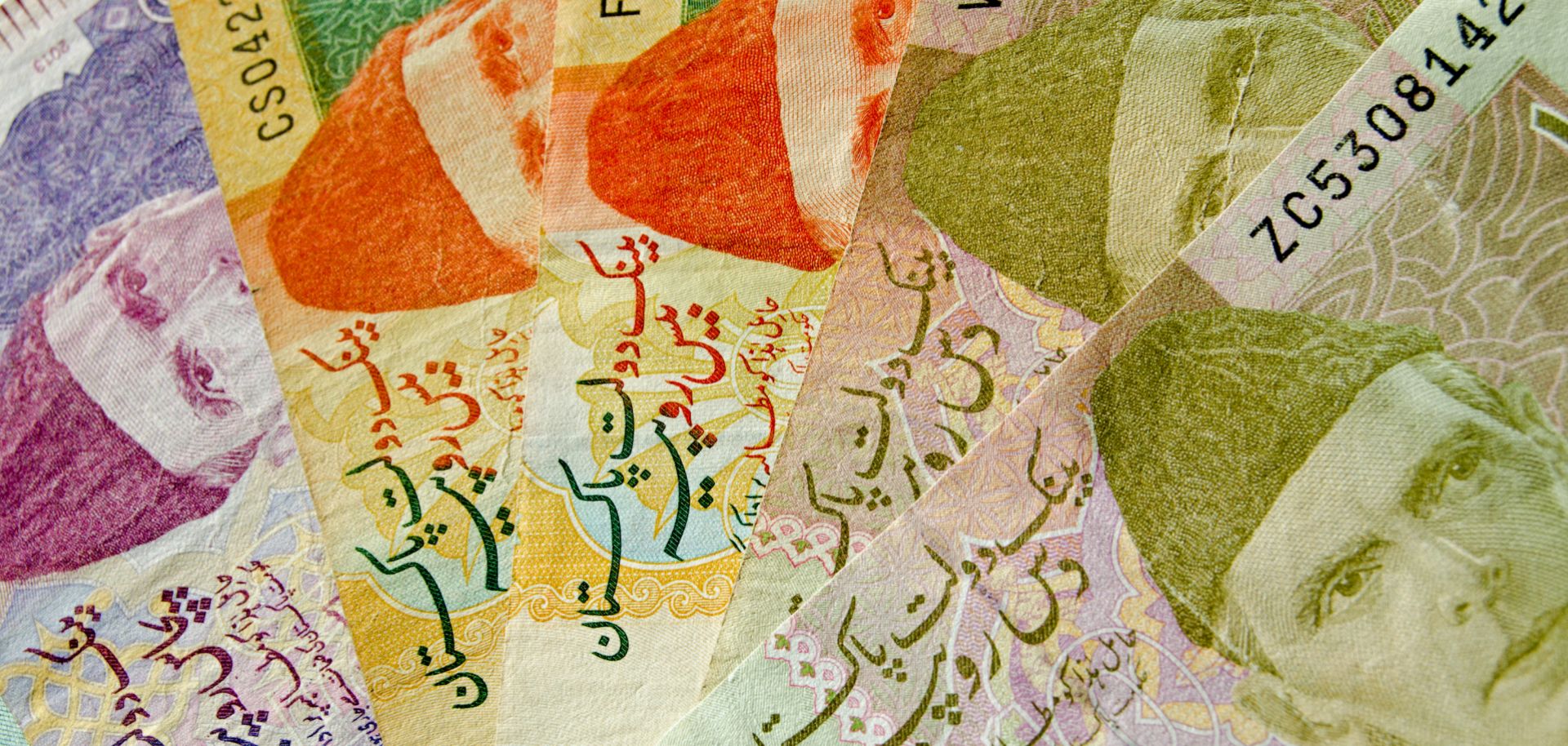ASSESSMENTS
Pakistan Trudges Along a Familiar Economic Path
Sep 21, 2018 | 09:00 GMT

Pakistani rupees. Because of a widening trade deficit, Pakistan will continue to rely on external funding to plug its foreign exchange requirements.
(Shutterstock)
Highlights
- Elevated energy prices and the lack of internationally competitive exports will continue to drive Pakistan's high import bill and trade deficit.
- Spending cuts targeting development will narrow the budget deficit but at the cost of slowing growth and increasing unemployment.
- New Prime Minister Imran Khan's great challenge will be to balance his impassioned populism with a pragmatism required to govern Pakistan.
Subscribe Now
SubscribeAlready have an account?
